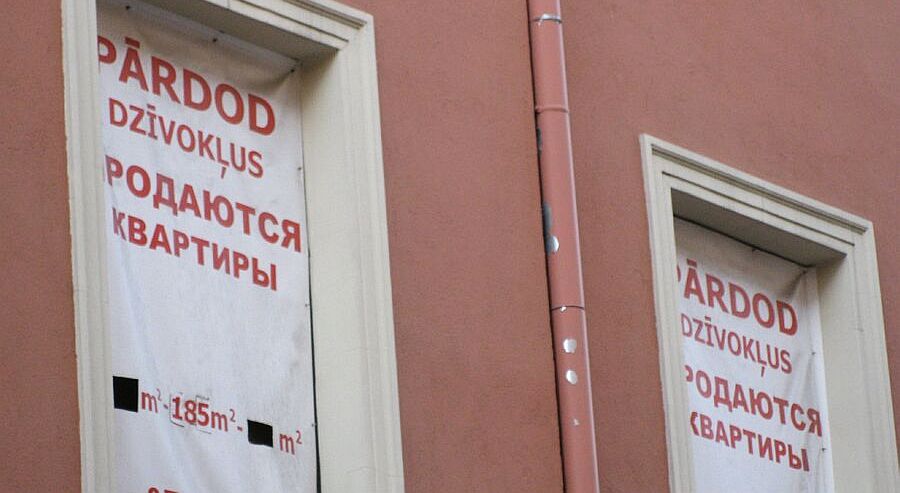Where previous plenary votes had failed to support the bill, today’s count in favor of vetting it further in the parliamentary Defense, Internal Affairs and Corruption Prevention Committee passed with 48 deputies versus 28 against.
NA deputy Raivis Dzintars, addressing the MPs, argued strongly for the measures, citing Edward Lucas’ warnings to take Russia’s aggression and possible further intentions seriously.
“One of his warnings: don’t let dirty Russian money into your countries. It’s time to turn this rhetoric into action. Let’s stop this flow into our country that hypocritically gets called ‘investment’. Lucas has warned us time and again – ‘this money will poison you, it will smother you, it will ruin you’. There is no basis to believe that these predictions, like his other warnings, won’t come true either.
We also well know that in Russia the monies for these kinds of purchases are certainly not in the hands of ordinary Russians or dissidents, precisely the opposite. The big money in Russia is under suspicion, often stinking of corruption through ties with the criminal underworld. Is this really the thing that Latvia is missing right now?
The Latvia that the founders of our nation fought for in 1918 in no way was intended to become a village for Russian millionaires… Russia must understand and must clearly be told, that as long as your state is an aggressor, Europe’s doors will be closed to you. You won’t get in here, not with your tanks, not with your money,” Dzintars concluded.
On his part MP Jānis Ādamsons characterized prospective applicants from Russia for residence permits in Latvia as “members of the intelligentsia, holding higher degrees, with families of one to two children.”
The former Soviet army officer went on to say that about a billion euro have been invested into Latvia's economy by them, claiming the sum might be more like three billion, given all the “fixing-up and so forth” they have done on their new properties.
The issue of residence permits has long been an ongoing source of heated parliamentary debate. The NA insists the sale of such privilege be completely halted, however other political groups argue the permit holders help improve Latvia’s economic prospects.
Last week amendments raising the minimal investment value for residency permit applications took effect, now requiring a base investment of €250,000.
Information agency LETA reported Wednesday that the Office of Citizenship and Migration Affairs (PMLP) has received only one application this month from a prospective property owner, and one also from an applicant intending to invest an additional €25,000 in a bank’s subordinated capital, as also stipulated by the amendments.
However the PMLP continues to receive applications based on transactions made prior to the amendments taking effect on September 1. In September the PMLP processed 248 applications. Altogether this year the PMLP has received 2054 submissions, of which 1821 involve the option of purchasing real estate properties.
The highest number of properties purchased by applicants for residency permits are in Riga – 917, while Jurmala is the second most popular town with 361 properties bought by residency permit applicants. Ozolnieki district on the outskirts of Jelgava was in third place with 96 properties listed.
As for the sums involved, this year €314,296,939 have been invested in real estate, €30,146,261 in bank deposits and €8,562,552 in capital investments.
As reported, applicants from Russia make up the overwhelming majority of foreigners interested in Latvian residency permits.





























